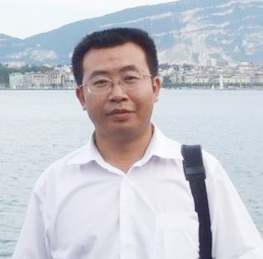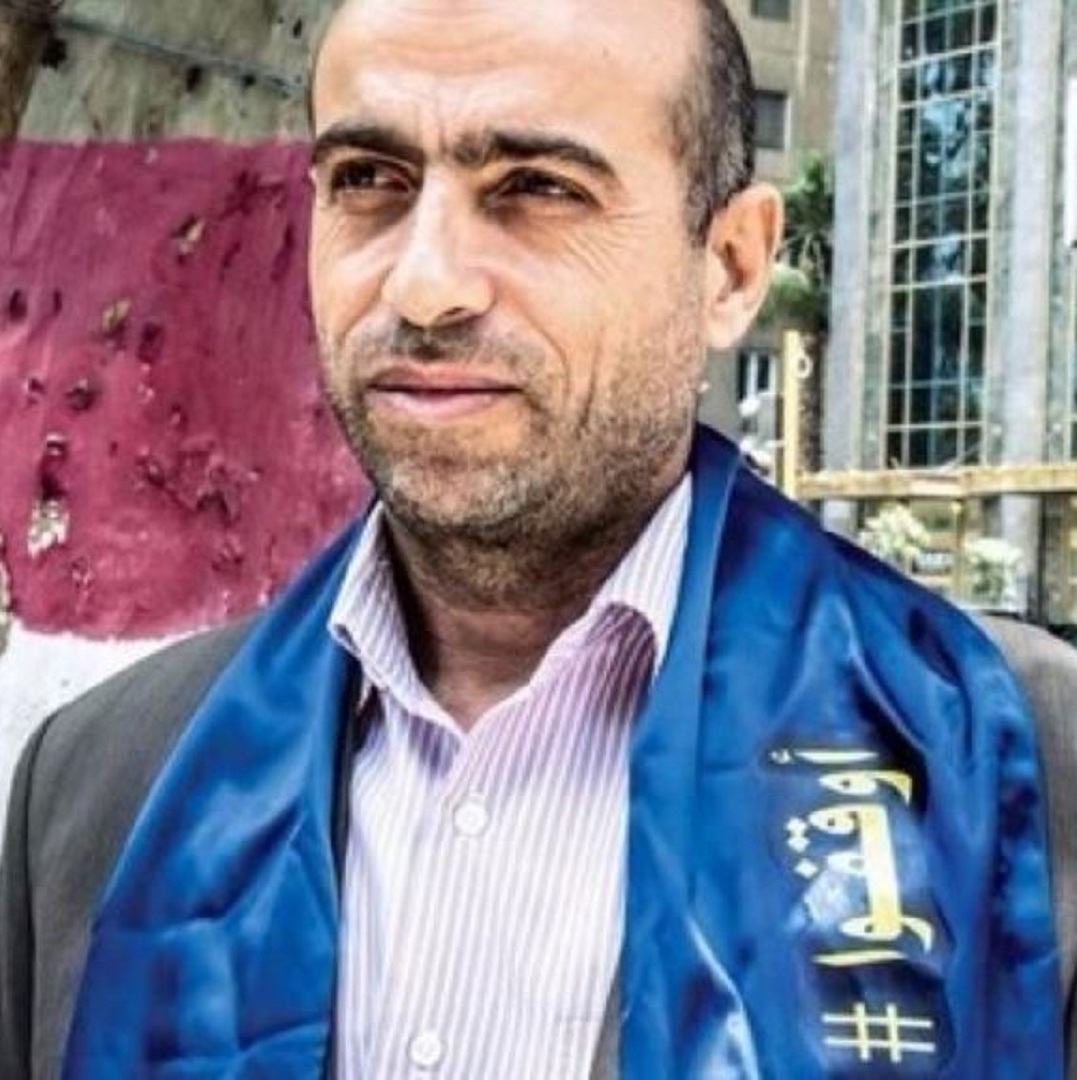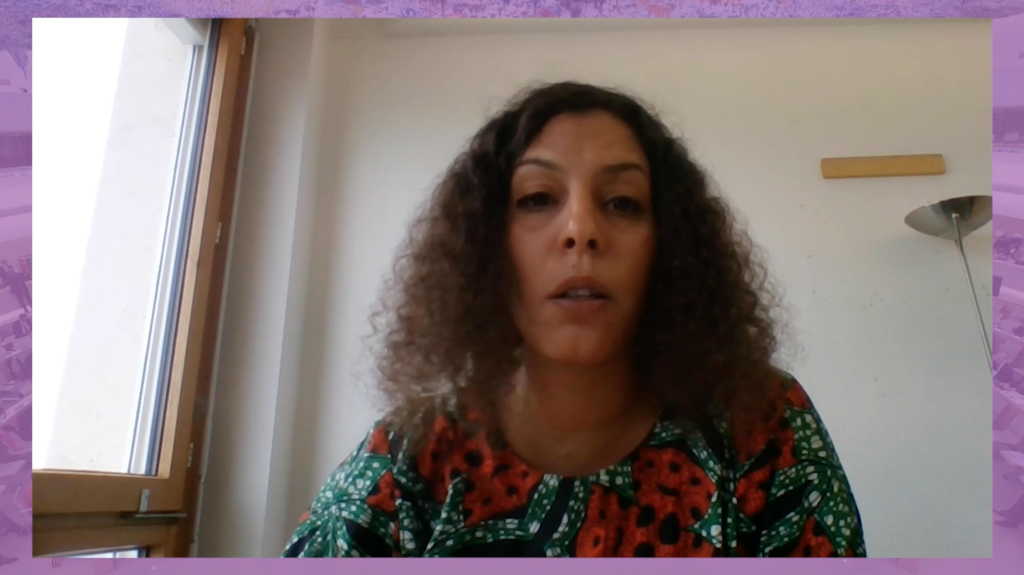We did it! On 29 September 2022, during the Interactive Dialogue on reprisals with Assistant Secretary-General, Ilze Brands Kehris, eight States raised individual cases of reprisals, including cases we have been campaigning for.
The case of the Human Rights Center ‘Viasna’ in Belarus was publicly raised by the group of countries BENELUX (Belgium, the Netherlands and Luxembourg), Liechtenstein and Germany.
Germany and Liechtenstein raised the case of Ibrahim Metwally Hegazy from Egypt, while BENELUX also raised the cases of Armel Niyongere, Dieudonné Bashirahishize, Vital Nshimirimana and Lambert Nigarura from Burundi and Jiang Tianyong from China.
Germany additionally raised the cases of Mohamed El Baqer from Egypt and Li Qiaochu, Li Yuhan, Guo Feixiong and Tang Jitian from China.
Meanwhile, Namibia’s statement included the reprisals against Palestinian Human Rights Organizations by Israel. Denmark specifically drew attention to the case of Abdulhadi Al-Khawaja in Bahrain and Armenia included in their statement the case of Ahmad Mammadli in Azerbaijan.
Additionally, the report on reprisals was introduced for the first time at the General Assembly on 14 October 2022. Building on the success of our campaign, on 19 October 2022, Ireland delivered a cross-regional statement on behalf of 80 countries, condemning intimidation and reprisals, and calling on States to prioritise and support the meaningful participation of civil society at the UN.
When individuals or organisations face threats, retaliation or harm when engaging with international bodies, not only do the individuals involved suffer, but our collective efforts towards peace and security, towards upholding human rights and towards sustainable development suffer.Ireland, on behalf of 80 countries
The joint statement is the fourth statement of its kind to be delivered at the UN General Assembly’s Third Committee. After ISHR advocacy and campaigning over the years, the number of countries signing on has increased from 71 in 2019, 75 in 2020 to 80 in 2021 and 2022.
By joining the statement, States have affirmed their commitment to the fundamental rights of freedom of expression and association. They also showed solidarity with human rights defenders, civil society actors and victims of violations worldwide, demonstrated their commitment to dialogue, cooperation and the institutional integrity of the UN, and they contributed to ensuring that UN bodies and processes are informed by, and respond effectively to, the needs of communities on the ground!
Our work to #EndReprisals is not over until all human rights defenders can freely and safely engage with the United Nations. Join our mailing list to receive the latest updates on intimidation and reprisals at the UN and be involved in future #EndReprisals campaigns.
Human rights defenders promote dignity, fairness, peace and justice in their homes, workplaces, communities and countries. They challenge governments that fail to respect and protect their people, corporations that degrade and destroy the environment, and institutions that perpetuate privilege and patriarchy. For many the United Nations (UN) is the last arena in which they can confront abuses.
Guaranteeing everyone a safe and unhindered access to international and regional justice mechanisms is essential for the latter’s effectiveness and relevance. Engaging with these bodies is a fundamental human right.
The participation of human rights defenders in the work of international and regional mechanisms makes for better outcomes. Defenders bring crucial information and perspectives regarding human rights situations on the ground and international and regional mechanisms depend on that knowledge and input to make informed decisions.
Human rights defenders must be able to share crucial information and perspectives with the UN safely and unhindered.
Yet some States try to escape international scrutiny by raising obstacles – such as intimidation and reprisals – aimed at creating fear and systematically hindering defenders’ access to and cooperation with human rights mechanisms.
What do we want?
Everyone has the right to access and safely communicate with the UN.
We want human rights defenders to have a seat at the UN table and be able to effectively and safely engage with UN human rights mechanisms and bodies.
We want States and non-State actors to refrain from intimidating or carrying out reprisals against defenders when they engage or seek to engage with the UN. States must take a clear and public position at the UN against intimidation and reprisals and hold their peers to account.
We therefore also call on States to publicly condemn reprisals and intimidation against those who engage with the UN, and raise specific cases of victims. When intimidation and reprisals do occur, we want the UN to effectively address these cases, support the victims and push for accountability and redress.
How do we achieve this?
We are working hard to:
- Raise awareness of the value of unhindered access to and the impact of reprisals on international and regional multilateral processes among government officials, diplomats, UN experts journalists, and human rights groups.
- Mobilise diplomatic missions, encouraging them to speak out and raise individual cases of reprisals against defenders at the UN and in other spaces
- Push UN experts to take up individual cases and to establish clear protocols on how to prevent and respond to reprisals connected to their work
- Encourage governments, activists, and concerned individuals to stand in solidarity with human rights defenders and organisations who are subject to reprisals and intimidation.







